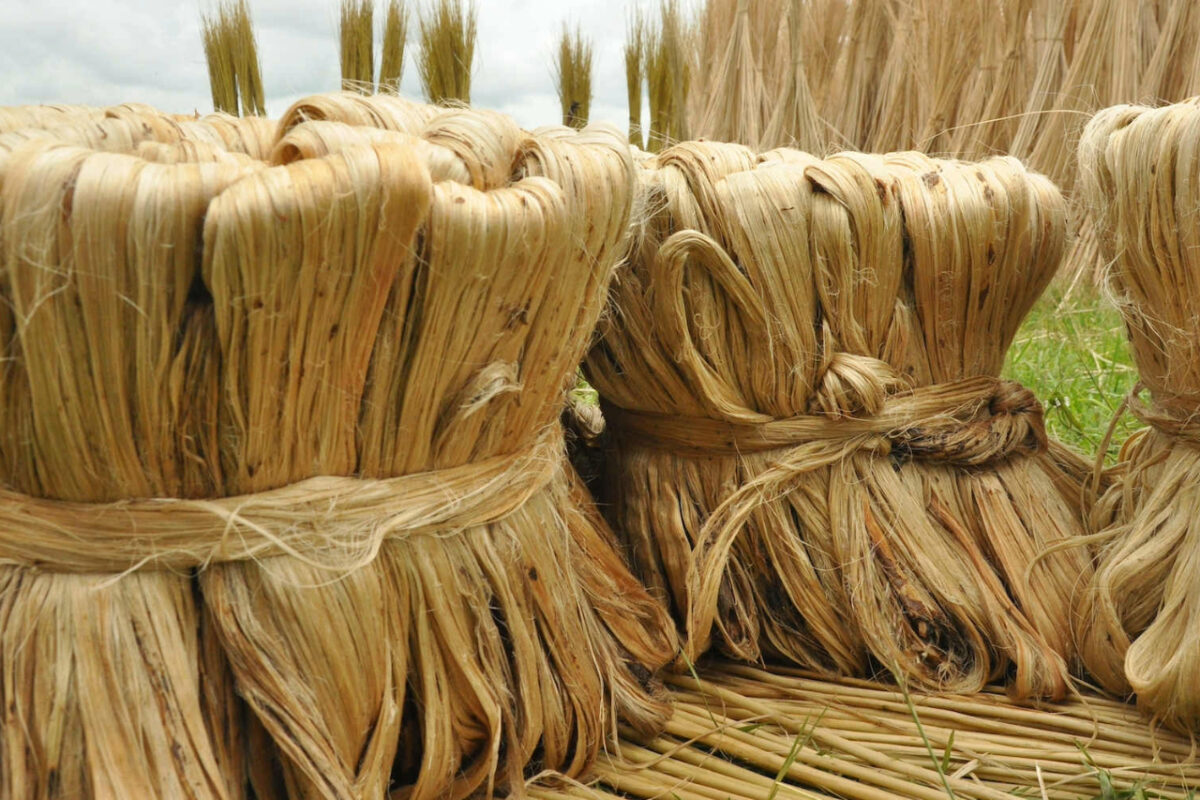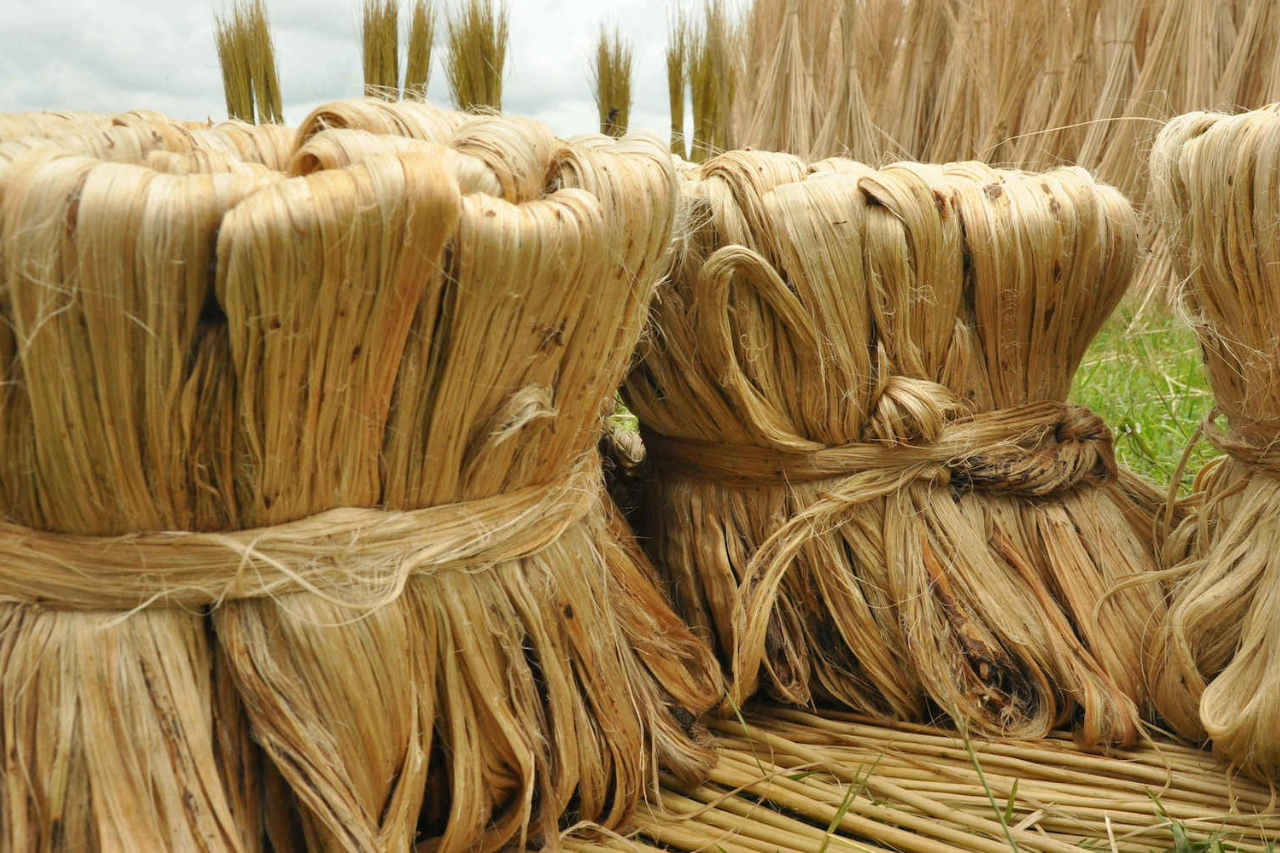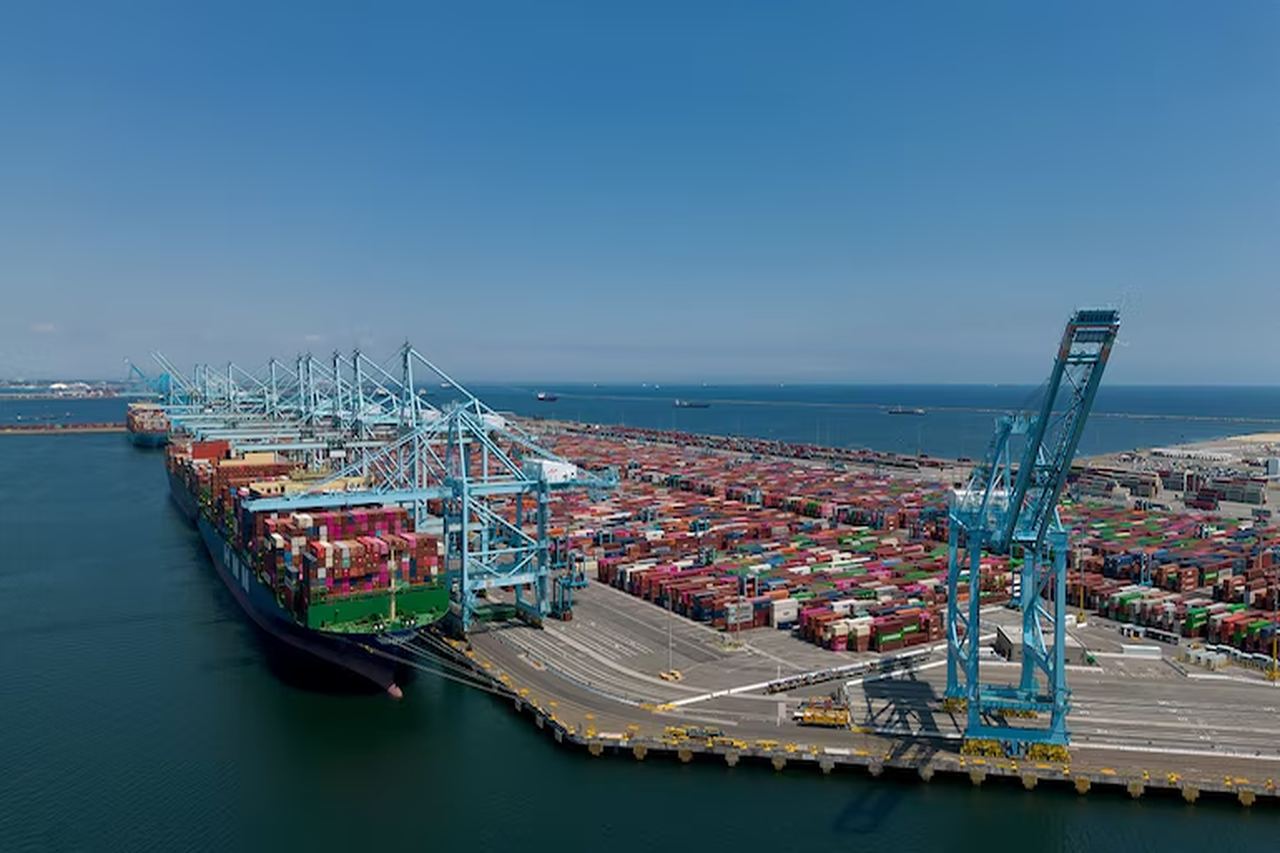

India expands ban on Bangladesh jute imports via land
- 13th August 2025
India has expanded its ban on jute product imports from Bangladesh through land routes on Monday, restricting these imports to only the Nhava Sheva Seaport amid deteriorating relations between the two neighbors.
The new restrictions, announced by India’s Directorate General of Foreign Trade (DGFT), affect additional jute products including bleached and unbleached woven fabrics of jute or other textile bast fibers, twine, cordage, rope of jute, and sacks and bags of jute. This follows previous bans on June 27 that targeted various other jute products and woven fabrics.
Escalating Trade Tensions
The restrictions mark the latest escalation in trade tensions that have been building since April. Earlier restrictions targeted ready-made garments and processed food items in May, while India also withdrew transhipment facilities for Bangladesh in April, preventing Bangladeshi goods from reaching Middle Eastern and European markets through Indian routes.
These measures come amid strained diplomatic relations following controversial statements by Bangladesh’s interim government chief Muhammad Yunus during his visit to China, where he described India’s northeast as “landlocked” and suggested Chinese access through Bangladesh. India-Bangladesh relations have also deteriorated over concerns about attacks on minorities, particularly Hindus, in Bangladesh under the interim government.
Impact on Bilateral Trade
The restrictions affect a significant portion of India-Bangladesh trade, which stood at $12.9 billion in 2023-24. In 2024-25, India’s exports to Bangladesh reached $11.46 billion while imports totaled $2 billion. Bangladesh’s jute exports to India were valued at approximately $193 million in 2023-24, representing nearly one-fourth of Bangladesh’s total jute exports worth $793 million.
The restrictions force Bangladeshi exporters to redirect shipments to the more expensive Nhava Sheva Seaport in Maharashtra, significantly increasing logistics costs and delivery times. This particularly affects small and medium exporters who relied on cheaper and faster land routes through traditional border crossings.
According to trade analysts, the move is designed to protect India’s domestic jute industry, which employs around 400,000 workers and has faced challenges from subsidized Bangladeshi imports. Despite anti-dumping duties imposed by India, jute imports from Bangladesh rose from $117 million in FY 2021-22 to $144 million in FY 2023-24.
The restrictions signal India’s broader strategy to counter what it views as unfair trade practices while responding to Bangladesh’s growing proximity to China and Pakistan under the interim government. As political tensions continue to spill into economic relations, both countries face the prospect of further disruptions to their historically robust trade partnership.

New article

China vows to resume key exports to India amid thaw
- 19th August 2025
- admin
China’s decision to ease export restrictions on rare earths, fertilizers, and tunnel boring machines marks a key step in thawing ties with India. The move, following talks between Foreign Ministers S. Jaishankar and Wang Yi, offers relief for critical industries while setting the stage for deeper cooperation ahead of Prime Minister Modi’s China visit for the SCO summit.

India expands ban on Bangladesh jute imports via land
- 13th August 2025
- admin
India’s expanded restrictions on Bangladeshi jute imports are set to disrupt a significant segment of the $12.9 billion bilateral trade relationship. The move — which channels imports exclusively through the costlier Nhava Sheva Seaport — threatens small and medium exporters in Bangladesh by raising logistics costs and delivery times. Valued at around $193 million in 2023–24, Bangladesh’s jute exports to India represent nearly a quarter of its total jute trade. Analysts see the restrictions as part of India’s bid to protect its 400,000-strong domestic jute workforce from subsidized imports, but also as a strategic response to Dhaka’s closer ties with China and Pakistan. The escalating political and economic tensions risk further destabilizing a once-robust trade partnership.

55% of Indian exports to US impacted by 25% reciprocal duty, says FinMin
- 11th August 2025
- admin
‘A combination of different factors, such as product differentiation, demand, quality, and contractual arrangements, would determine the impact on India’s exports,’ says MoS Finance Pankaj Chaudhary

India set to lead global creative economy with AI-driven innovation: I&B Secretary Sanjay Jaju
- 17th July 2025
- admin
Apart from the CEO of T-Hub and the startups being incubated at T Hub, participants included representatives of IIT Hyderabad, Centres of Excellence of NITs and Engineering institutions with active innovation cells.
Do you have any questions or concerns regarding your import/export business?
If you have any questions or need clarification about managing your import/export business, we're here to help. Our team of experts is dedicated to providing you with the insights and solutions you need to navigate the complexities of global trade. Feel free to reach out for professional guidance tailored to your business needs.
Connect with our team